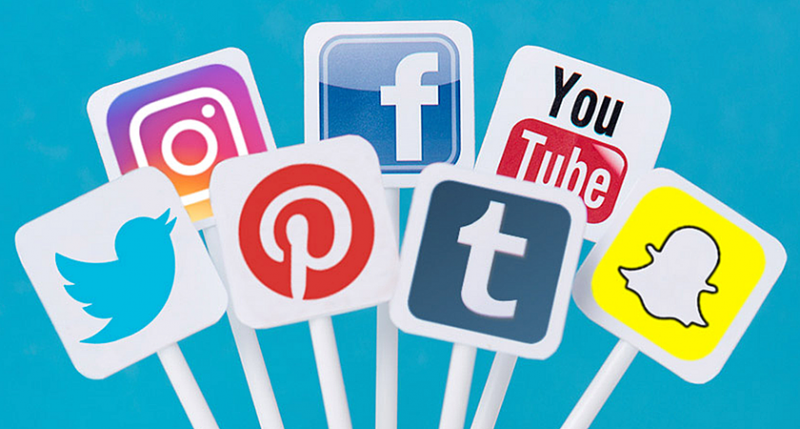Today, Ghana heads to the polls to vote for either of the 12 presidential aspirants but with two obviously in the race, the New Patriotic Party and the National Democratic Congress.
Since multi-party democracy was established in 1992, Ghana’s presidential elections have been largely free of violence. The call for peace during an election year is nothing new and has become some sort of an anthem to be sung during such periods. The trumpet of peace is always blown, given some nations on the African continent’s troubled presidential election process as well as Ghana’s very own troubled past.
A peaceful climate ensures a stable economic ecosystem which is the lifeline of business growth and development. Peace plays a major impact on equitable economic development which transcends to the growth of the entire society. So what is peace?
Peace, according to Oxford Dictionary is “a situation or a period of time in which there is no war or violence in a country or an area.” Albert Einstein argued that
“Peace is not only the absence of war but presence of justice, of Law, of Order – in short of Government. A research paper by Cynado C.N.O. Ezeogidi on “The Relevance of Peace to Economic Development and Nation Building” classifies both definitions as “passive, simplistic, un-detailed and unaccountable.”
The paper revealed that the definition of peace must encompass
“all the ingredients of peace such as justice, harmony, tranquility, quiescence, truce, amity, freedom of movement of association, of expression and of worship.”
Whichever way we choose to look at peace, one thing is for certain, without peace, both business and economic growth cannot thrive.
The relevance of peace to business growth and development
Every business, whether with the aim to make money or for non-profit, seeks to achieve the primary objective of growth, longevity, and survival and that can only be done in a stable and peaceful atmosphere. No entrepreneur or investor would want to set up a business or invest in an environment that is straddled with conflict or war. It disrupts business operations and decimates the objective of why the business was established. This goes a long way to stifle the economic growth of the nation.
All other things being equal, when there is peace, there is a stable financial ecosystem. Business can operate, trade, expand, and develop. Individuals get employed helping improve the employment climate and ensuring better livelihoods. Customers can also access their needs and wants without a struggle. The absence of peace disrupts this process and can plunge a nation into a deep recession, famine, and poverty, case in point, Libya, Darfur, Syria among others.
Moreover, just focusing on the impact that the novel COVID-19 pandemic has had on our businesses and economic livelihood should give us a sense of what conflict can do to a nation.
In the effort to fight the devastating impact of the virus, President Akufo Addo had to put the nation on a 3-week lockdown and borrowed heavily to negate the impact. Currently, Ghana’s debt level stands at GH¢273.8 billion representing 71% of GDP with a deficit pegged at 11.4% of GDP, which is almost triple its earlier target in July.
Let’s not oversimplify the role that peace has on our nation but rather forge an alliance with it and deeply understand its role in our lives. President Akufo Addo, in his address to the nation on Sunday 6 December 2020 recognized the importance and role of peace to the nation.
“I am fortified in my belief that we will, if, indeed, the successful holding of last Tuesday’s Special Voting exercise is the measure. The Electoral Commission has already assured the country of its readiness to deliver another successful process, and it has, to that end, compiled the most credible voters’ register in our history. So, it is in our collective interest to help ensure that tomorrow passes off in an orderly, peaceful, and transparent manner. At the end of the day, there should be no lingering question about the legitimacy of the election, and the winning candidate, at the end of the process, should receive the unalloyed support of all. That is how we can strengthen our democracy and the peace and stability of our nation,” President Akufo Addo said.
Ghana has had a peaceful transfer of power over the years but this has not been without skirmishes. In 2008, the European Union (EU), noted that “there were relatively few incidents of violence during both rounds of elections, and in nearly all of the country a peaceful environment was maintained.”
During this election process to the eventual transition of power, we certainly hope all citizens will act accordingly to EC’s guidelines and forge an alliance with peace.











